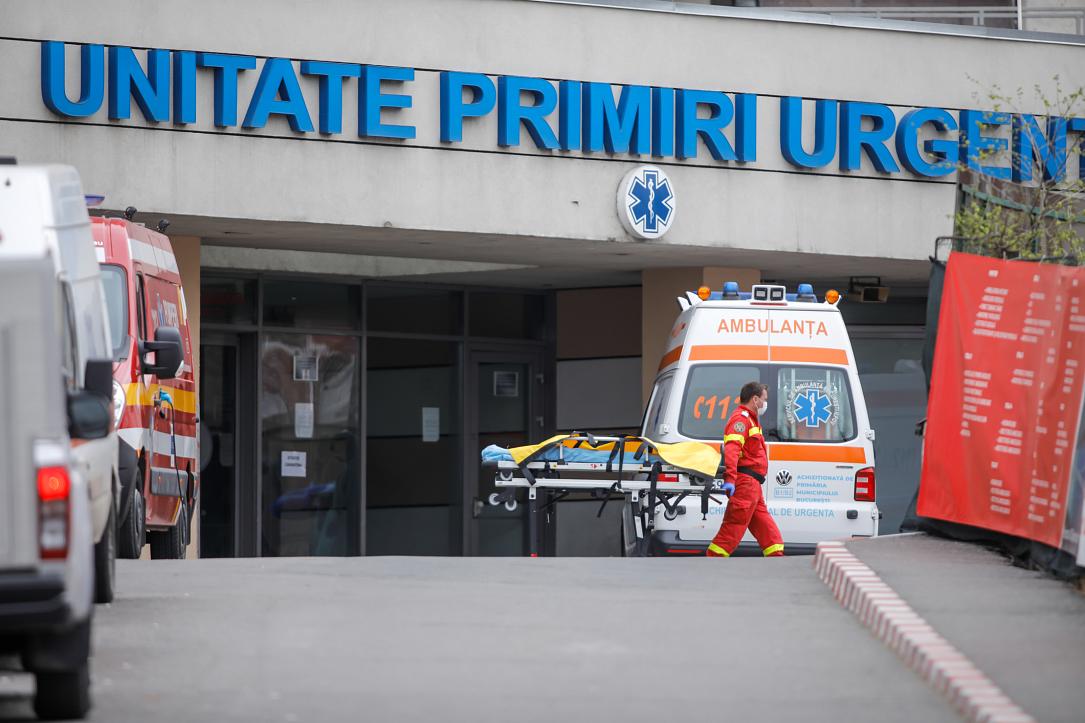Healthcare-associated infections go underreported, RO health minister says



Romania’s health minister Alexandru Rafila admitted that reporting regarding healthcare-associated infections, the so-called hospital-acquired or nosocomial infections, has little to do with reality. On the other side, doctors ask for hospital-borne infections to be ‘decriminalized’ and for courts to be able to judge only clear cases of malpractice.
On paper, hospitals in Romania are spotless. Managers of hospitals with high infection rates are penalized, so they are incentivized to hide them.
Data recently reported by hospitals all over Romania shows a slight increase, from 0.2% to 2%, in healthcare-associated infections. According to health minister Rafila, the real figure is close to 5.9%, while the European average is 8%.
“There is a threefold difference between the reported figure and the real number,” said Rafila, quoted by Digi24. To remedy the situation, the health minister wants hospitals to report a nosocomial infection rate of at least 3%.
Faulty reporting leads to faulty policymaking, but doctors in Romania want healthcare-associated infections to be decriminalized.
“It is a common element of any hospital in this world. Nosocomial infection should be criminalized only when there are no specific procedures for the prevention of infections in the hospital in question, or they have not been followed,” said dr. Cătălin Apostolescu, manager of the Matei Balș Institute for Infectious Disease.
Sixty-five people died as a result of the 2015 Colectiv fire. Nosocomial infections allegedly played a role in the deaths of 23 of the victims who escaped the initial fire.
(Photo source: Cateyeperspective | Dreamstime.com)